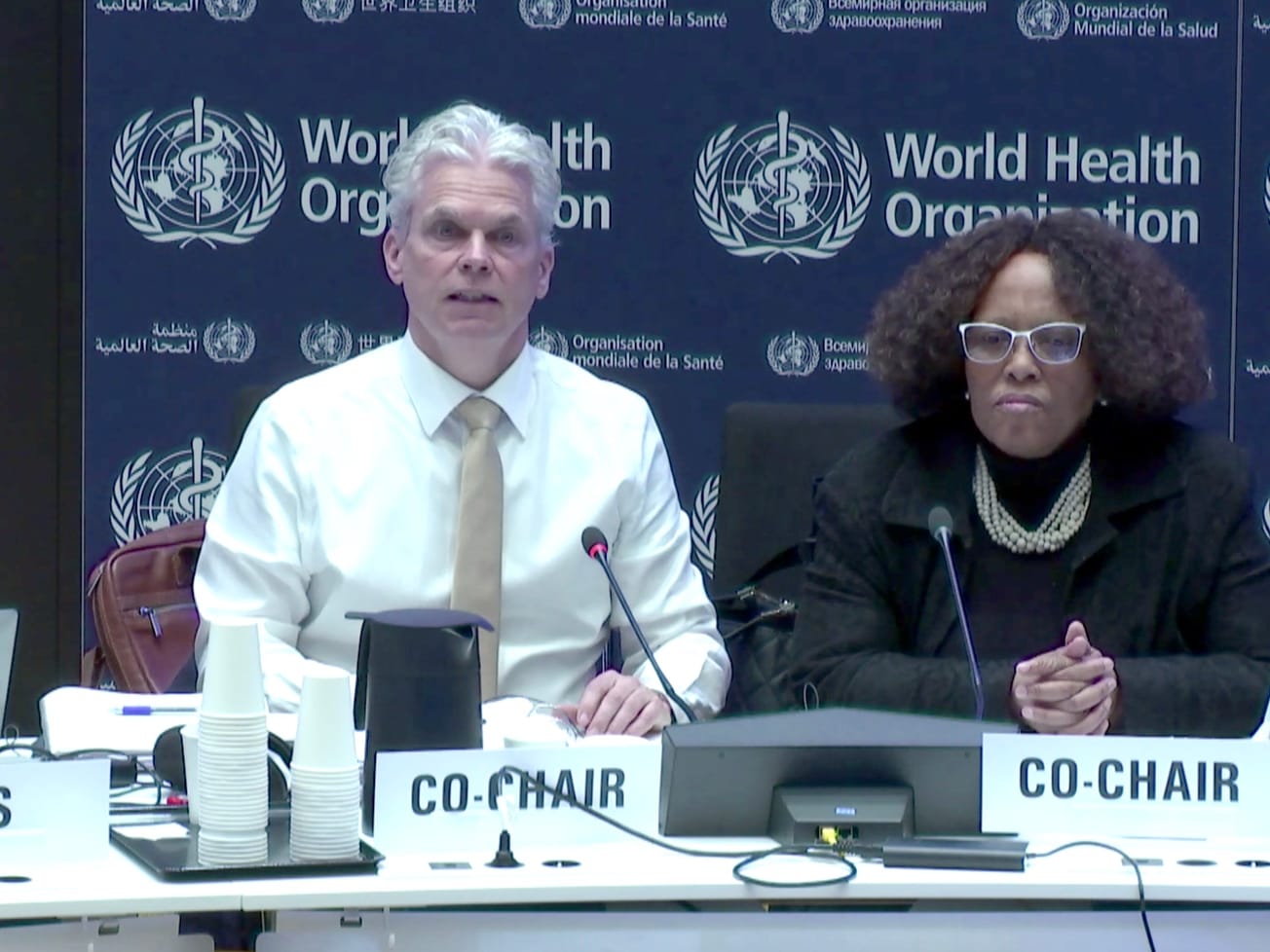GENEVA (AN) — Talks on a proposed treaty for handling future pandemics stumbled at the hoped-for finish line, prompting an additional round.
Negotiators' plans to wrap up on Thursday were stymied by divisions over issues such as unequal access to vaccines, intellectual property rights and misinformation about the treaty encroaching on nations' sovereignty.









